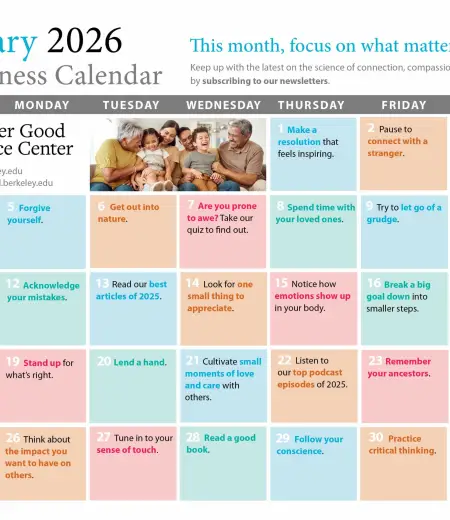In 1994 I attended a week-long retreat for health care professionals interested in mindfulness meditation, led by Jon Kabat-Zinn. I had heard about Jon’s pioneering work at UMass Medical Center teaching mindfulness meditation to patients suffering from a wide range of physical and mental health challenges; as a practicing midwife for more than 20 years, and a meditation practitioner since the early 1980s, I was deeply curious about how Jon’s Mindfulness-Based Stress Reduction (MBSR) course might apply to my work as a midwife and benefit the families I cared for.
Sitting on the floor with 125 other health care providers that week, I developed a deep appreciation for how the MBSR course helped people access inner resources of strength, resilience, and well-being. And in one flashing moment, I knew what I needed—or, more accurately, felt compelled—to do: bring this way of teaching mindful awareness to expectant couples. Though I couldn’t have articulated it then, what I now know is that mindfulness can help these couples through the often stressful changes that are a normal part of pregnancy, prepare them for the profoundly transforming experience of childbirth, and navigate the joys and challenges of parenthood with greater compassion, equanimity, and self-acceptance.
In 1998, after teaching the MBSR course myself for several years, I began morphing it into the Mindfulness-Based Childbirth and Parenting (MBCP) program, which I currently teach at the Osher Center for Integrative Medicine at the University of California, San Francisco (UCSF), Medical Center. While the eight-week MBCP course includes much of what is taught in a traditional childbirth class—such as the physiology of labor, positions for birthing, and breastfeeding—the foundation of the class is the mindfulness practice.
 Couples participating in Nancy Bardacke's Mindfulness-Based Childbirth and Parenting program.
Couples participating in Nancy Bardacke's Mindfulness-Based Childbirth and Parenting program.
Expectant parents who sign up for the course commit to a daily formal meditation practice using CDs that I provide. The program involves yoga, mindfulness in daily life, ways to use the mind to work with pain in labor, a daylong retreat, and a reunion after all the babies have been born. When the course is over, participants often stay connected, forming a community of self-reflective parents committed to the ongoing work of raising their children with wisdom, kindness, connectedness, and care.
I have now taught mindfulness skills to several thousand expectant families, and the results I’ve seen have far exceeded anything I could have anticipated. Parents report that the practice of being in the present moment was vital for their birth experience, as well as for the intense time of caring for a newborn. For many, it became a cornerstone of their parenting. As one new parent told me, “The practice helped me learn how to manage not only the contractions of labor—but the contractions of life!”
We are now finding initial empirical evidence to back this up: Results from an uncontrolled pilot study conducted by myself and Larissa Duncan, an assistant professor of family and community medicine at UCSF, published in a recent special issue of the Journal of Child and Family Studies, suggests that pregnant women who take the MBCP course experience reductions in pregnancy-related anxiety and depression, and increases in mindfulness and positive emotion during pregnancy. They also report using mindfulness as a way to cope with stressful aspects of the pregnancy, childbirth, and early parenting.
Teaching mindfulness skills to expectant parents has certainly expanded my own view of childbirth preparation. I’ve learned that the wonderfully open and receptive time of pregnancy provides a rich opportunity to cultivate skills for self-reflection, emotional regulation, and stress reduction—skills that are vital to the lifelong adventure of parenting, family-making, and indeed, life itself.






Comments